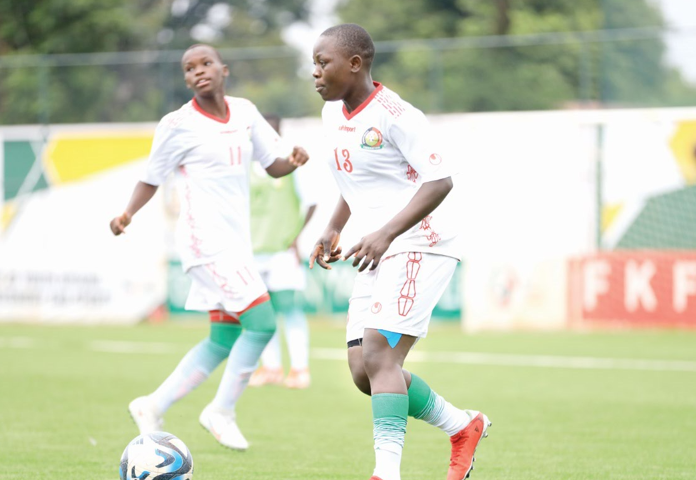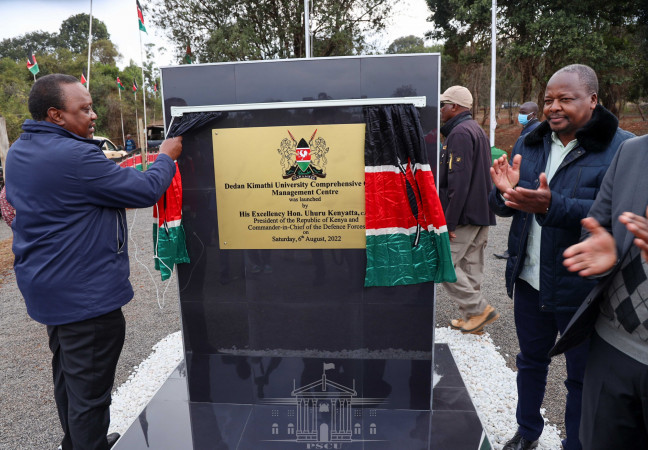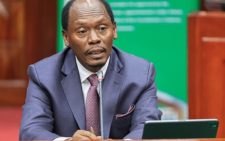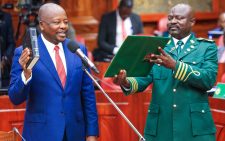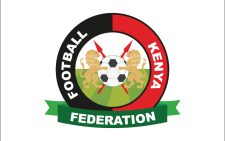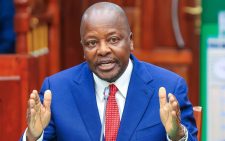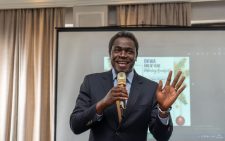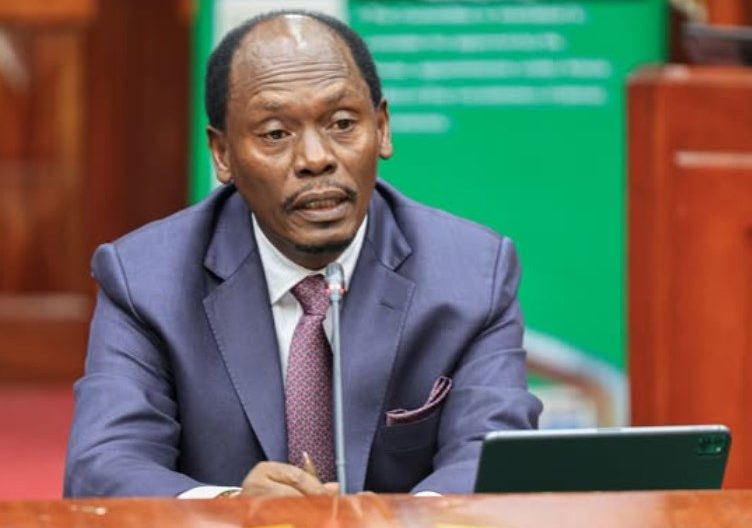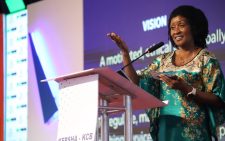Promoting sports, exercise in the wake of pandemic
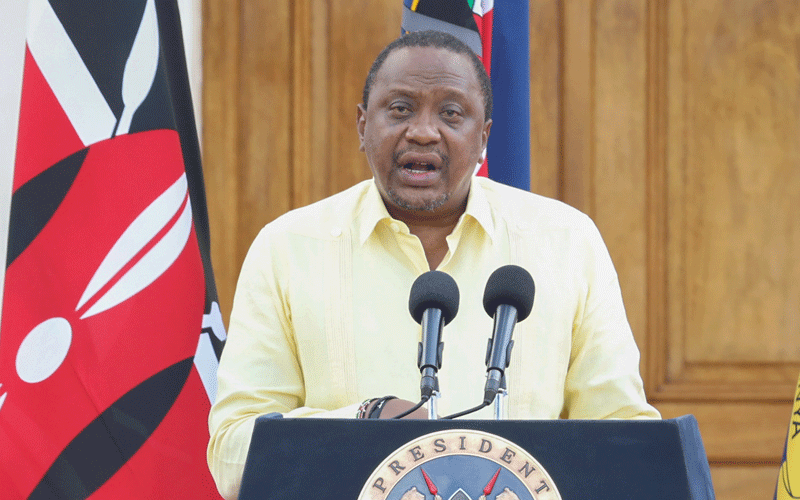
Patricia Scotland
In the wake of coronavirus pandemic, public parks have been shut, beaches emptied and stadia deserted, as an unprecedented 2.5 billion people across the world are confined at home.
Times are tough. Covid-19 is real and as it spreads its tentacles across the globe, it is taking its toll on the lives and livelihoods of people everywhere.
Measures such as closing gyms, shutting sports facilities and staying at home put a limit on a person’s mobility and exercise.
Necessary, but painful, as enforced inactivity can contribute to periods of intense stress and can lead to long-term negative health impacts.
Commonwealth athletes, ranging from Cameroon’s Samuel Eto’o and West Indies’ Brian Lara to Ghana’s Olympian Akwasi Frimpong, Kenya’s Eluid Kipchoge and Hellen Obiri and the United Kingdom’s Tom Daley, are sharing important information on reducing the spread of coronavirus and staying active at home.
There are several virtual classes and resources to help people stay active, improve mental health and reduce the risks of developing non-infectious diseases.
Building on this energy, we will soon launch the Commonwealth Moves campaign to encourage more people from the 54 member countries to stay active and exercise during the pandemic.
Even when sport events are postponed and venues closed, physical activity can be a powerful influence for good in these troubling times.
It is a common denominator and a universal language, one that can unite people from different backgrounds, empower communities and contribute to rebuilding nations.
The shared love of cricket has played a role in connecting Singhalese and Tamil people in Sri Lanka.
Recognising this beneficial potential, the UN six years ago declared April 6 as the International Day of Sport for Development and Peace.
The international community identified sport as an important enabler of the 2030 Agenda for sustainable development and highlighted its impact on health, education, social inclusion, women’s empowerment and youth development.
The Commonwealth Secretariat’s ‘Peace at the Crease’ initiative which has brought people of different faiths and those of none to play and learn together in peace has already started to make its mark.
Such initiatives improve people’s health, teach important skills and values, and if done well, can help unite communities.
But the reach of sport goes far beyond these local interventions. It can and should be rooted in national policy and planning so that sport and physical activity can truly reach everyone, including the poor, marginalised and refugees.
But how? We have worked with Mauritius to develop and implement a new policy which considers the impact of sport on the UN Sustainable Development Goals (SDGs) and injects it into the national vision 2018-2028.
The policy is designed to make people fitter and healthier to reduce the risks of non-infectious diseases and lessen the burden on hospitals.
This holistic approach is crucial because about four in five adolescents do not get enough physical activity—and around a quarter of adults —due to infrastructural, economic and cultural obstacles.
Typically, less than 1per cent of the national budget is allocated to sport but its contribution to GDP is in multiples of that. Sport’s potential to create jobs will be even more important as we move to recover from the current health crisis and to rebuild shattered income streams.
While the gains are clear, expertise and capacity to robustly measure the impact of sport on the development targets pledged in the SDGs remain limited.
This is where the Commonwealth has a game plan. In order to assess the value of public investments in the sector and enhance evidence-based policymaking, we are creating the world’s first common measurement approach working in partnership with UN agencies.
This initiative will help countries and international bodies count and assess the contribution sport, exercise and physical education makes to specific SDGs identified in the Kazan Action Plan.
So how does it work? For instance, we can urge countries to build more playing fields and develop plans to inspire people to take up sport if we can better measure how this contributes to achieving the SDG target 3.4, on reducing deaths from non-infectious diseases like diabetes and cancer.
At a time of climate change and numerous health crises, we can collectively push the progress on delivering sport for all and achieving healthy, educated and inclusive societies. —The writer is the Secretary-General of Commonwealth
